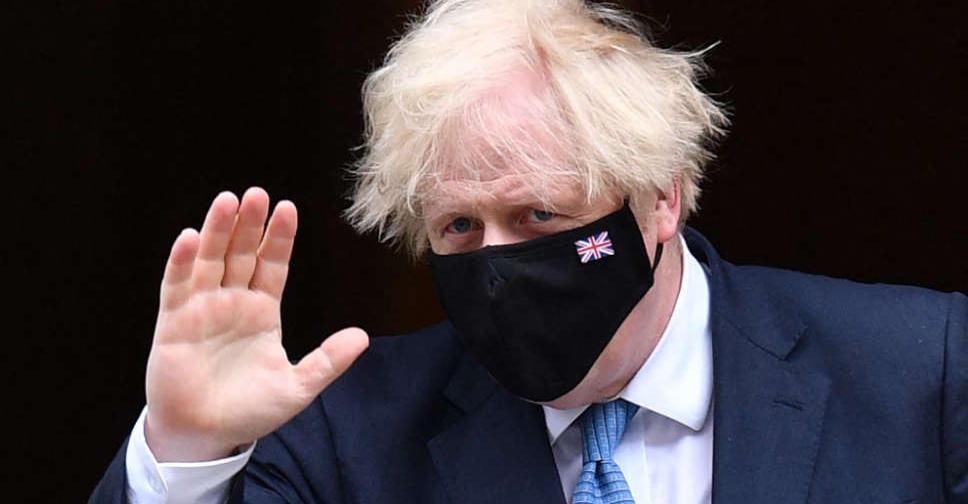
Wearing a mask is not a legal requirement, though ministers are still advising their use in enclosed spaces.
Some public transport providers are encouraging travellers to continue covering their faces.
Social distancing rules are being lifted, nightclubs are reopening, and festival organisers are welcoming the return of live music.
Elsewhere across the UK, some measures remain in place for the next few weeks.
The whole of Scotland will be moving to level zero, with masks still mandatory in public areas. However, up to eight people can meet indoors.
Northern Ireland is set to ease the rules next Monday, while Wales will be aiming to lift the majority of its restrictions next month.
Anyone who's double-vaccinated will no longer have to quarantine when returning to Britain from an amber list country, with the exception of France.
The Prime Minister's welcoming today's relaxation of restrictions, but says they could be reintroduced in "exceptional circumstances".
Boris Johnson's spending the day in isolation after being named as a close contact of the health secretary, who tested positive for Covid-19.
Like so many people I've been pinged by NHS Test and Trace as I have been in contact with someone with COVID-19, and I will be self-isolating until Monday 26th July. pic.twitter.com/X57gDpwDqe
— Boris Johnson (@BorisJohnson) July 18, 2021





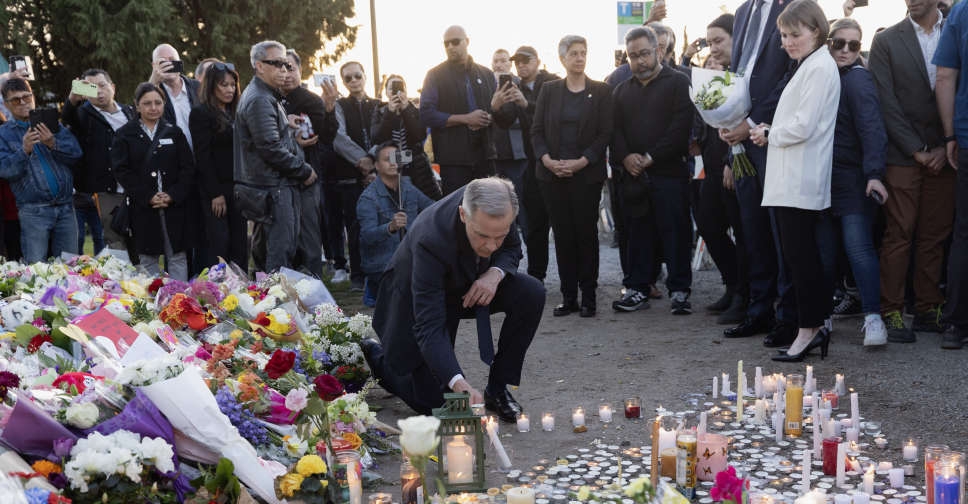 Vancouver man charged with murder for attack on Filipino festival
Vancouver man charged with murder for attack on Filipino festival
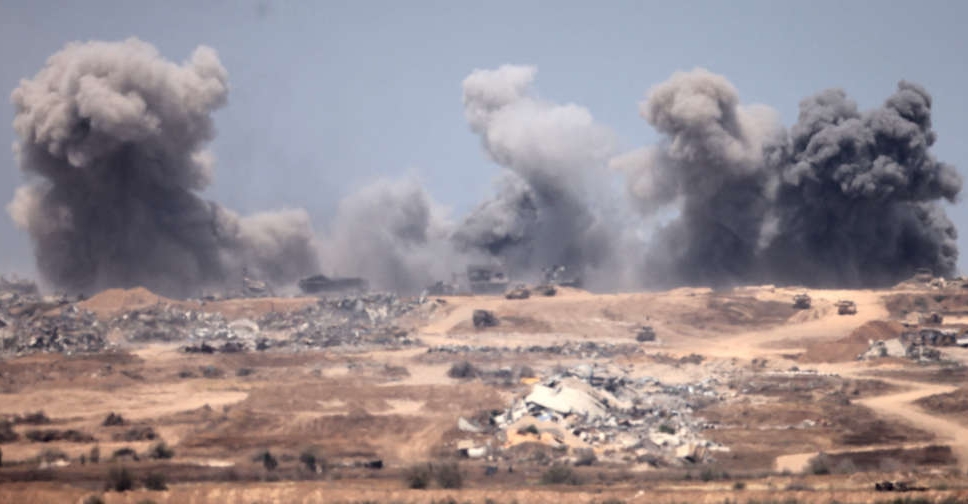 Qatari PM: Ceasefire talks on Gaza show signs of progress
Qatari PM: Ceasefire talks on Gaza show signs of progress
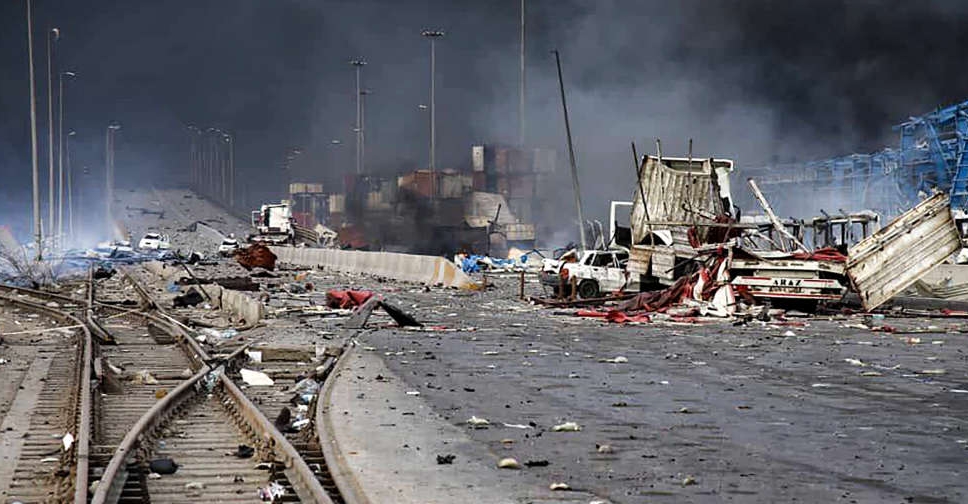 More than 700 injured in Iran's explosion
More than 700 injured in Iran's explosion
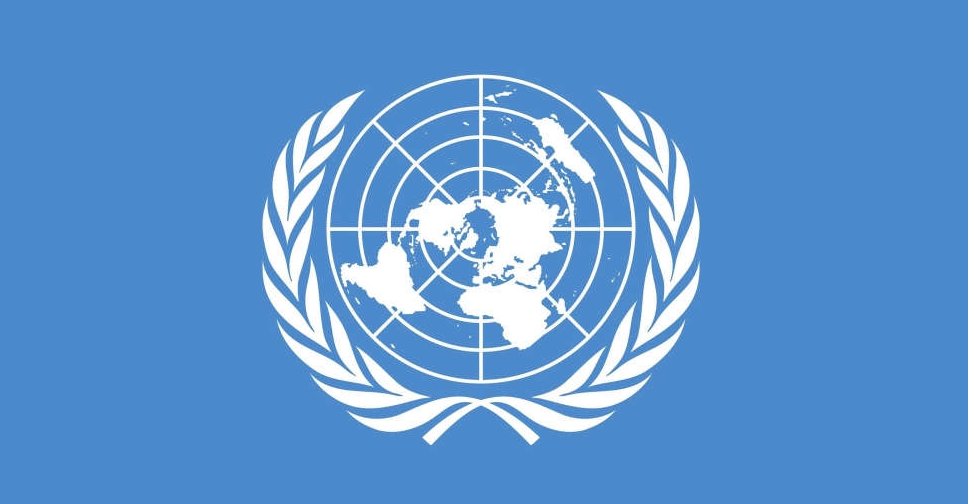 UN warns funding cuts threaten vital aid
UN warns funding cuts threaten vital aid


